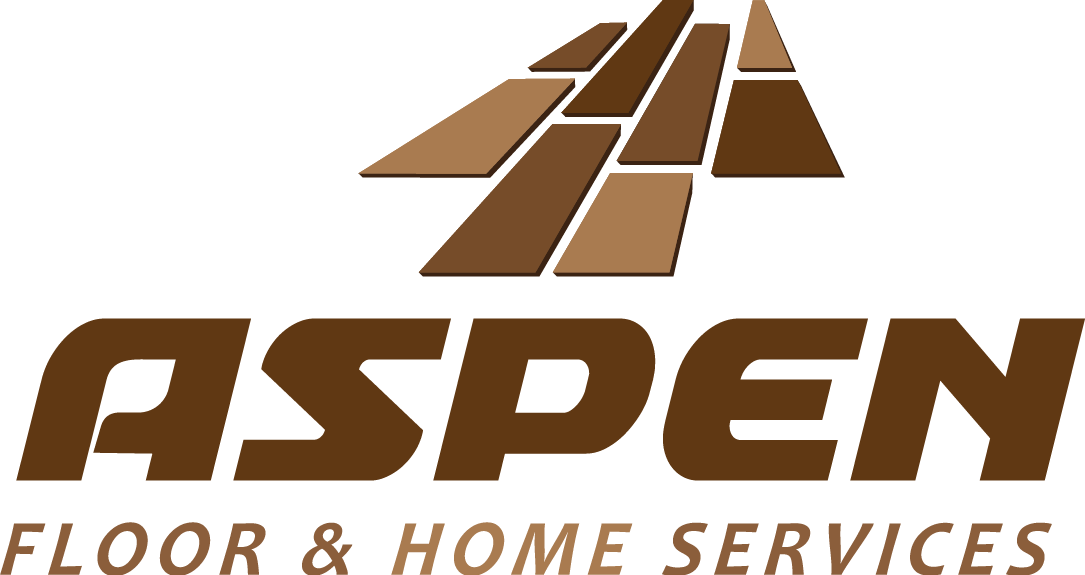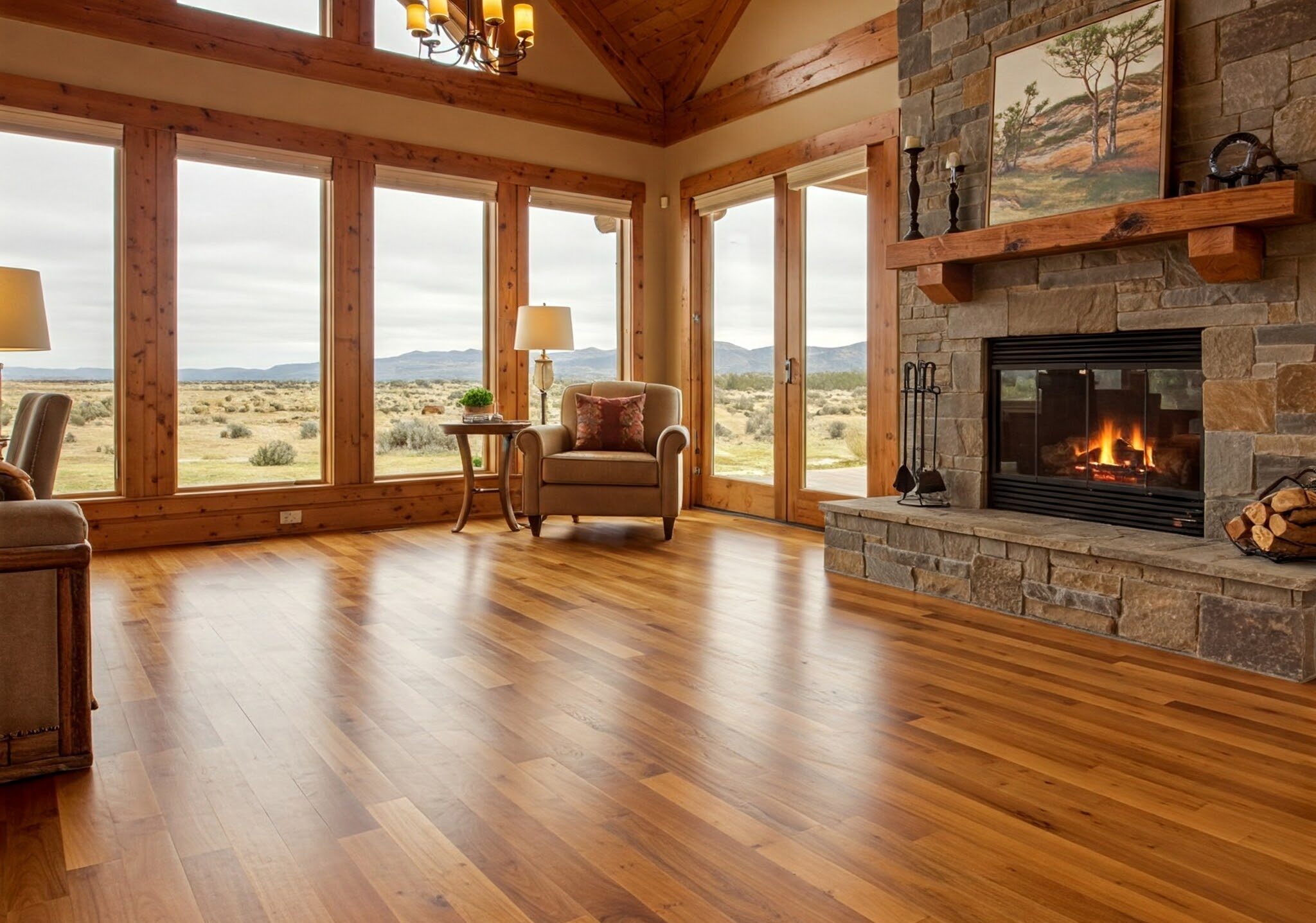 Hardwood floors add timeless beauty and value to any home but are also highly susceptible to water damage. This issue is particularly pressing for Denver homeowners due to the city’s unique climate and environmental factors. Water damage poses a serious threat to hardwood floors, capable of warping, staining, or even destroying them if not addressed quickly.
Hardwood floors add timeless beauty and value to any home but are also highly susceptible to water damage. This issue is particularly pressing for Denver homeowners due to the city’s unique climate and environmental factors. Water damage poses a serious threat to hardwood floors, capable of warping, staining, or even destroying them if not addressed quickly.
In Denver, factors like sudden plumbing leaks, dry winters, and spring snowmelt make this issue especially concerning. By understanding the common causes of water damage and learning how to prevent it, you can save thousands of dollars in repairs while preserving the beauty and elegance of your home.
This article dives into the five most common causes of water damage to hardwood floors in Denver, offering practical prevention tips and advice on when to seek professional water damage restoration services. No matter if your home features solid hardwood or engineered hardwood floors, this guide will equip you with the knowledge to safeguard your investment.
Why Hardwood Floors in Denver Are Prone to Water Damage
Hardwood floors are a popular choice for Denver homeowners due to their durability and aesthetic appeal. However, Denver’s unique climate and environmental factors make them particularly vulnerable to water damage. Understanding these risks is the first step toward protecting your floors.
Denver’s Climate and Its Impact on Hardwood Floors
Denver’s semi-arid climate, characterized by low humidity and drastic temperature changes, can take a toll on hardwood floors. During the winter, the lack of moisture in the air can cause wood to shrink and crack. In the spring, rapid snowmelt and heavy rains can lead to flooding, especially in basements where many hardwood floors are installed.
How Local Factors Like Altitude and Humidity Play a Role
At over 5,000 feet above sea level, Denver’s high altitude exacerbates the effects of low humidity. This can cause hardwood floors to dry out and become more susceptible to damage. Additionally, older homes in Denver often have outdated plumbing systems, increasing the risk of leaks and bursts that can harm your floors.
Cause #1: Plumbing Leaks and Burst Pipes
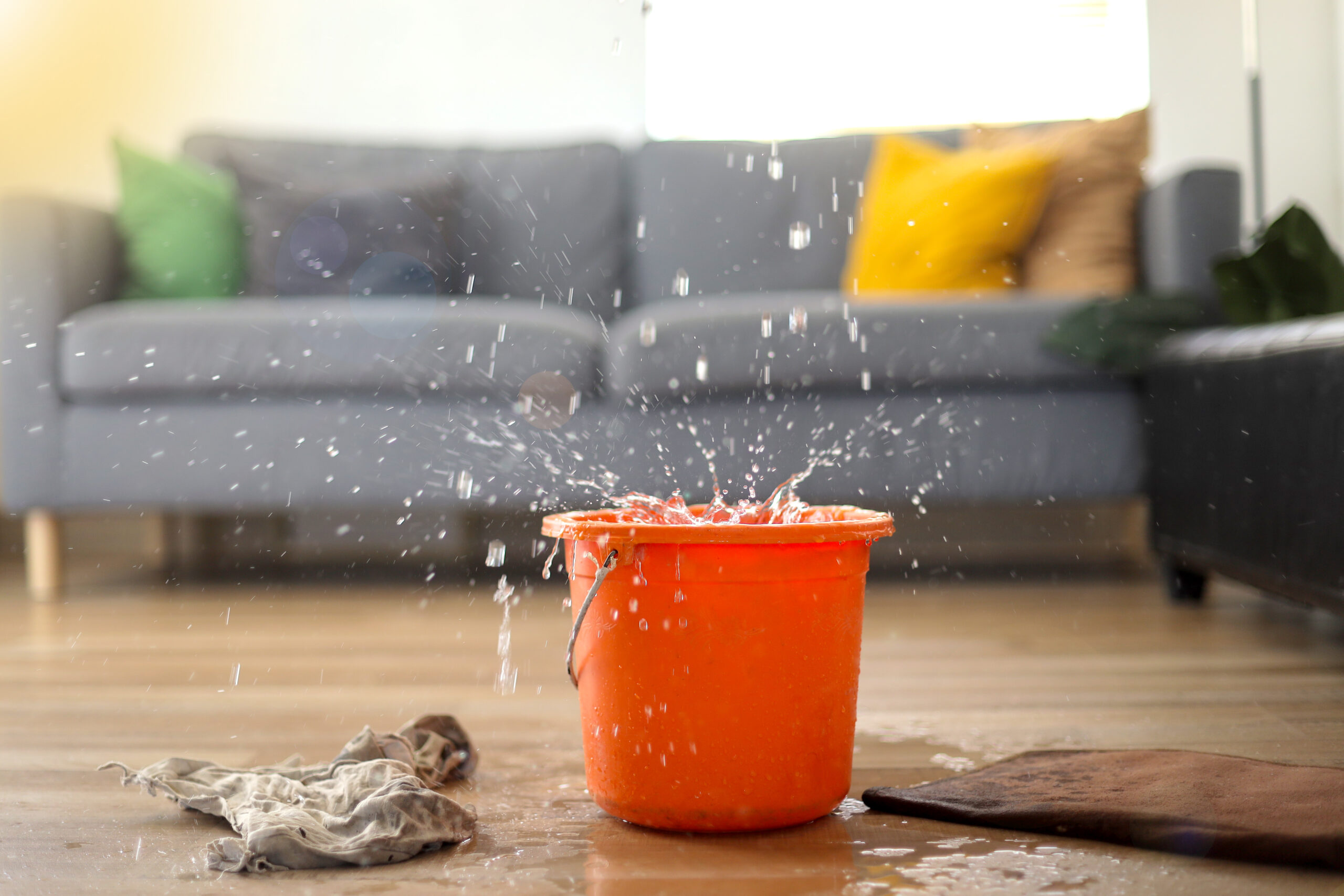
Plumbing issues are one of the leading causes of water damage to hardwood floors in Denver. Even a small leak can lead to significant damage over time.
Why Older Homes in Denver Are Especially Vulnerable
Many Denver homes were built decades ago and still have original plumbing systems. These older pipes are more prone to corrosion and leaks, which can go unnoticed until significant damage has occurred.
How to Detect and Fix Plumbing Issues Early
Regularly inspect under sinks, around appliances, and in basements for signs of leaks, such as water stains or warped flooring. If you notice any issues, contact a professional plumber immediately to prevent further damage.
Cause #2: Spills and Moisture from Everyday Activities
Spills are an inevitable part of daily life, but in Denver’s dry climate, even small amounts of liquid can cause significant damage to hardwood floors.
H3 The Impact of Spills on Hardwood Floors in Dry Climates
Because of Denver’s low humidity, spills can evaporate quickly, leaving behind residue that can stain or warp the wood. Liquids like wine, coffee, or cleaning solutions can be particularly damaging.
| Liquid | Type of Damage | Most Sensitive Hardwood Types |
| Water | Warping, cupping, and discoloration due to absorption. | Solid hardwood (e.g., oak, maple). |
| Coffee/Tea | Staining and discoloration, especially if left untreated. | Light-colored hardwoods (e.g., birch, ash). |
| Wine | Deep staining and potential etching into the finish. | Unsealed or lightly sealed hardwoods. |
| Cleaning Solutions | Can strip finishes or cause discoloration if not pH-neutral. | Engineered hardwood with thin veneers. |
| Oil/Grease | Leaves slippery residues and can penetrate the wood, causing stains. | Porous hardwoods (e.g., walnut, cherry). |
Quick Tips to Clean Up Spills Before They Cause Damage
Always clean up spills immediately using a soft, absorbent cloth. Avoid using excessive water, as this can seep into the wood. For stubborn stains, use a hardwood floor cleaner recommended by the manufacturer.
Table 2: Quick Tips to Clean Up Spills Before They Cause Damage
| Professional Tip | Recommendation |
| Act Immediately | Clean up spills as soon as they occur to prevent liquids from seeping into the wood. Use a soft, absorbent cloth to blot (not wipe) the spill. |
| Use the Right Cleaning Products | For water-based spills, use a slightly damp cloth followed by a dry one. For sticky substances like wine or grease, use a hardwood floor cleaner approved by the manufacturer. Avoid vinegar or ammonia-based cleaners, as they can damage the finish. |
| Avoid Excessive Water | Never use a soaking wet mop or cloth, as excess water can seep into the wood and cause warping. Instead, use a damp mop and dry the area thoroughly afterward. |
By understanding the impact of spills and following these professional tips, you can minimize damage and keep your hardwood floors looking pristine.
Cause #3: Humidity Fluctuations in Denver’s Climate
Denver’s fluctuating humidity levels can cause hardwood floors to expand and contract, leading to cracks and gaps.
How Low Humidity in Winter Can Crack Hardwood Floors
During Denver’s dry winters, hardwood floors can lose moisture and shrink, creating gaps between the boards. This makes them more susceptible to damage from spills or leaks.
Using Humidifiers to Maintain Optimal Moisture Levels
To prevent this, use a humidifier during the winter months to maintain indoor humidity levels between 30% and 50%. This will help keep your floors stable and reduce the risk of cracking.
Cause #4: Flooding from Severe Weather or Snowmelt
Denver’s spring snowmelt and occasional heavy rains can lead to flooding, particularly in basements where many hardwood floors are installed.
Denver’s Spring Snowmelt and Its Impact on Basement Floors
Rapid snowmelt can overwhelm drainage systems, causing water to seep into basements and damage hardwood floors. This is especially common in older homes with inadequate waterproofing.
Preparing Your Home for Flooding Risks
Ensure your home’s gutters and downspouts are clear of debris, and consider installing a sump pump in your basement to prevent water buildup.
Cause #5: Improper Cleaning and Maintenance Practices
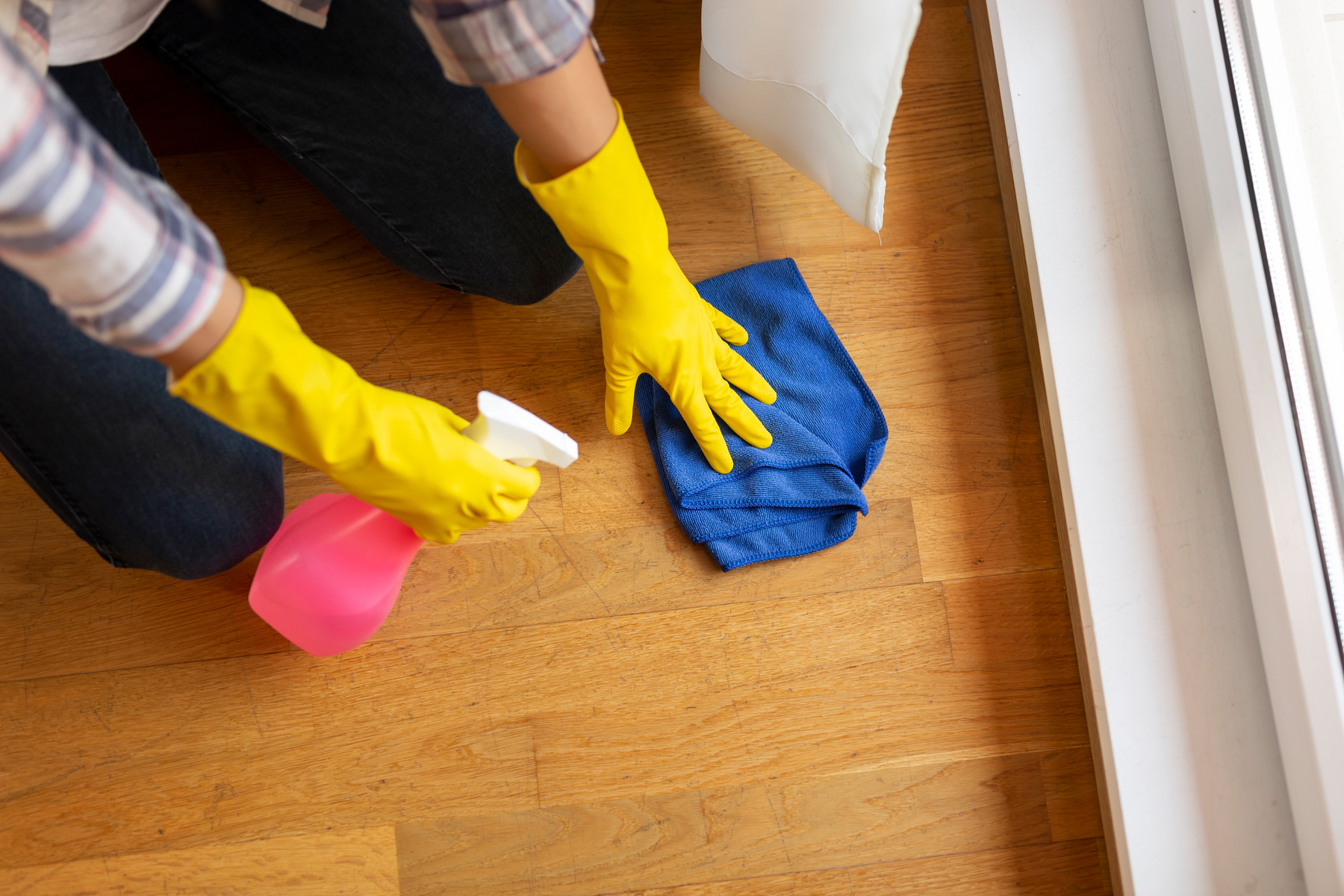
Using the wrong cleaning methods or products can damage hardwood floors and make them more susceptible to water damage.
Why Steam Mops Are a No-Go for Hardwood Floors
Steam mops can force moisture into the wood, causing it to warp or swell. Avoid using them on hardwood floors, even if they claim to be safe.
Best Cleaning Products for Denver Hardwood Floors
Use pH-neutral cleaners specifically designed for hardwood floors. Avoid products with harsh chemicals or excessive water content.
Tips for Using Cleaning Products on Hardwood Floors
- Always follow the manufacturer’s instructions for dilution and application.
- Avoid using steam mops or excessive water, as these can warp or damage the wood.
- Test any new product on a small, inconspicuous area before applying it to the entire floor.
By choosing the right cleaning products and methods, you can protect your hardwood floors from water damage and keep them looking beautiful for years.
How to Prevent Water Damage to Hardwood Floors in Denver
Preventing water damage requires a proactive approach. Here are some tips to keep your floors in top condition.
Regular Inspections for Leaks and Moisture Buildup
Inspect your home regularly for signs of leaks or moisture buildup. Pay special attention to areas around appliances, plumbing fixtures, and basements.
Using Area Rugs and Mats in High-Traffic Zones
Place rugs or mats in high-traffic areas, such as entryways and kitchens, to protect your floors from spills and wear.
Seasonal Maintenance Tips for Denver Homeowners
Adjust your maintenance routine based on the season. For example, use a humidifier in winter and ensure proper drainage during spring snowmelt.
Protect Your Hardwood Floors Year-Round
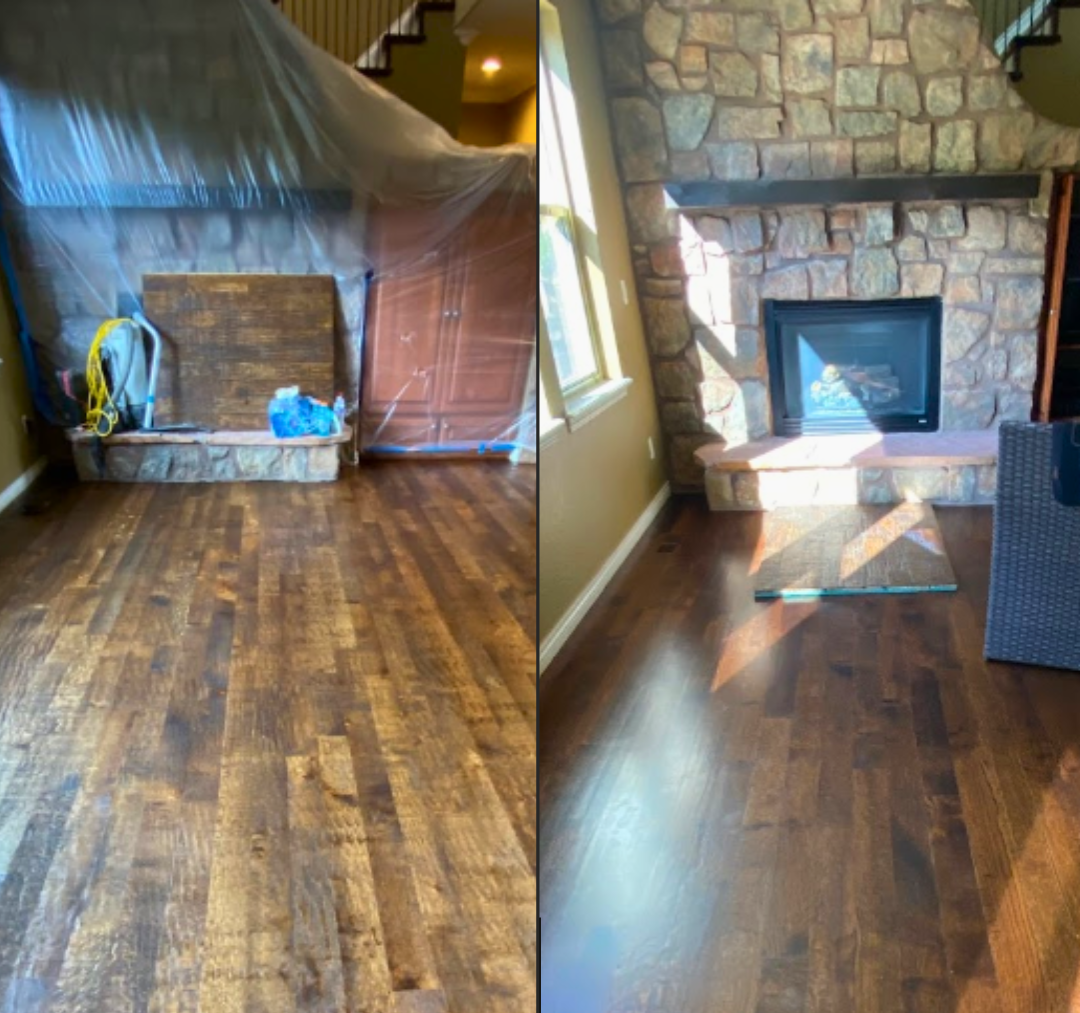
Water damage to hardwood floors can be costly and frustrating, but with the right knowledge and precautions, you can keep your floors looking beautiful for years.
When to Call a Professional for Water Damage Repair
If you notice significant warping, staining, or mold growth, don’t wait—call in professionals for water damage restoration services immediately. Delaying repairs can lead to more extensive damage and higher costs. Experts can assess the situation, determine whether repair or replacement is needed, and restore your floors to their original beauty.
Local Resources for Hardwood Floor Maintenance in Denver
Denver’s unique climate and environmental factors require specialized care for hardwood floors. For expert advice and services, reach out to local professionals who specialize in wood floor refinishing in Denver. They can provide tailored solutions to protect your floors from moisture, humidity fluctuations, and other challenges specific to the area.
Don’t let water damage ruin your hardwood floors! If you’re dealing with warping, stains, or mold, contact a Denver hardwood floor specialist today. If you need water damage restoration or wood floor refinishing in Denver, local experts are ready to help. Call now to schedule a consultation and protect your investment!

